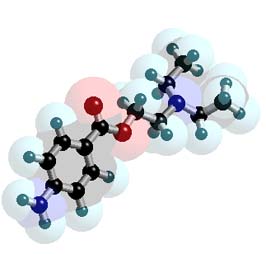

Organic Chemistry III
Professor Carl C. Wamser

Chapter 22 Workshop Problems
Organic Chemistry III |
||
Professor Carl C. Wamser |
![]()
Organic Chemistry III |
||
Professor Carl C. Wamser |
![]()
![]()
1. List the following ions and molecules in order of increasing basicity. Explain your choice clearly using words and structures (where appropriate).

2. Give the product(s) and reasonable mechanisms for the following reactions.


Peer-Led Team Learning: Organic Chemistry, 1/e
Jack A. Kampmeier, University of Rochester
Pratibha Varma-Nelson, St. Xavier University
Donald Wedegaertner, University of the Pacific
Prentice-Hall, 2001, ISBN 0-13-028413-0
http://www.sci.ccny.cuny.edu/~chemwksp/OrganicChem.html